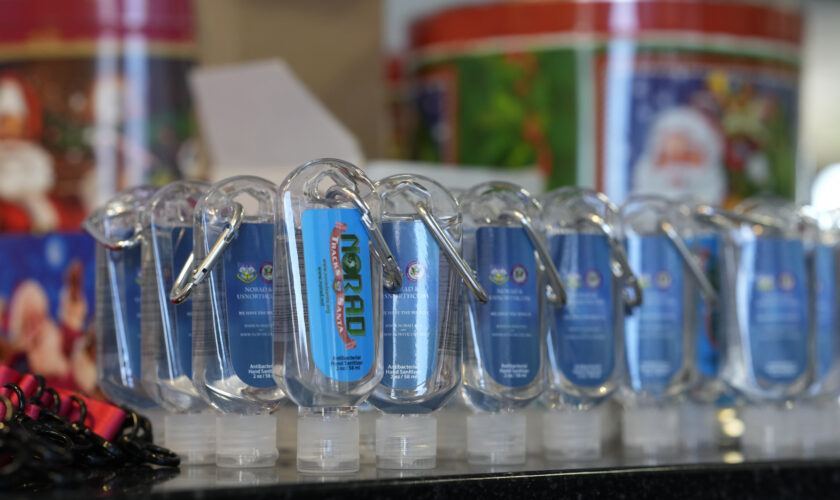The pandemic has increased the excessive and unnecessary use of antimicrobial chemicals which in many cases have limited evidence of reduced virus transmission. More than two dozen scientists are sounding the alarm over these disinfectants as they are associated with antimicrobial resistance, an array of health problems, and environmental harm.
Their review exhibits how quaternary ammonium compounds (QACs) are increasingly used in health care, home, education, and workplace environments although safer options are available.
“Disinfectant wipes containing QACs are often used on children’s school desks, hospital exam tables, and in homes where they remain on these surfaces and in the air,” stated Courtney Carignan, assistant professor at Michigan State University and co-author. “Our review of the science suggests disinfecting with these chemicals in many cases is unhelpful or even harmful. We recommend regular cleaning with soap and water and disinfecting only as needed with safer products.”
Correlations between QACs and inflammation, asthma, and dermatitis have been revealed in human studies while animal research causes concern over possible links to birth defects and infertility. There is also decades-long evidence dating back to the 1950s that QACs impact antimicrobial resistance, making particular species of bacteria resistant to critical antibiotics, and QACs themselves.
“It’s ironic that the chemicals we’re deploying in vain for one health crisis are actually fueling another,” said Erica Hartmann, professor at Northwestern University and co-author of the review. “Antimicrobial resistance was already contributing to millions of deaths per year before the pandemic. Overzealous disinfection, especially with products containing QACs, threaten to make it worse.”
QACs are found in hand sanitizers, wipes, disinfectant solutions, and sprays and are increasingly being integrated into personal care products, paints, and textiles. Concentrations of these chemicals in our bodies and the environment have made a parallel increase since the COVID-19 pandemic.
One of the most prevalent QACs is benzalkonium chloride, but more can be detected on ingredient labels with monikers that end in “ammonium chloride” or comparable. Unfortunately, regulation and disclosure of QACs vary widely as some products such as pesticides are required to list them, but paints are not. Most QACs lack any type of regulation or comprehensive health hazard screening.
The scientists who authored the review propose eliminating uses of QACs that are either pointless or where their efficacy has not been proven. For example, cleaning with QACs usually has no advantage over washing with plain soap and water.
“Drastically reducing many uses of QACs won’t spread COVID-19,” said Carol Kwiatkowski, scientist at the Green Science Policy Institute and co-author. “In fact, it will make our homes, classrooms, offices, and other shared spaces healthier.”


















Add comment